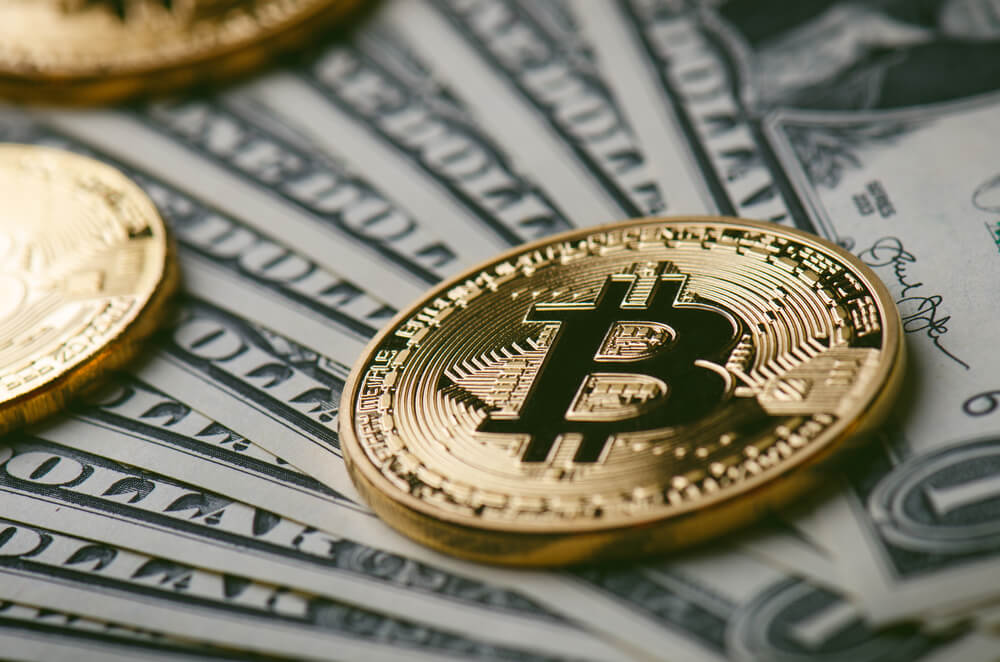“The Call”: Why Banks Push Bitcoiners to Reveal Their Money Habits

A video every bitcoiner should watch is Andreas Antonopoulos’ “Money as a System of Control. ” In it, he shows us how money is being used to control those who send and receive it and to surveil transactions all over the globe.
Plus, he exposes how big of a fraud the banking system really is. Not only can banks simply freeze or confiscate our money without our consent, and without us being able to do anything about it, they also own our money and merely give us access to it – what a bad deal.
As Antonopoulos puts it, we don’t have money in the bank, we have an account. An account that, perhaps, gives us access to the money there is in there, that we deposited while tricked by the false promise of it being safe. His brilliant example of the Greek government-debt crisis makes it clear: every Greek citizen had their money in the bank, and it was insured, but in one afternoon the promise was broken, and the money was inaccessible.
The video also explains “the call.” The call is the pushy phone call in which banks, acting as if they were jealous lovers, ask bitcoiners about specific bitcoin-related transactions. These calls have been occurring for years , and while some are solved once bitcoiners justify where they got the money from, or what they was doing with their bitcoins, others are merely a manager’s quest for knowledge .
As one bitcoiner who got the call puts it on Reddit , usually big banks give people problems with bitcoin, while local banks are much happier with their customers and provide a better service to bitcoiners.
Recently, a redditor shared with r/Bitcoin the call he got from his bank. The redditor, EliToohey, explains that he’s had a banking relationship with PNC Bank for 15 years and that he now got a call asking him to confirm a couple of transactions.
According to the redditor, here’s how the conversation went:
“For what purpose are you buying Bitcoin” (he saw Coinbase and Xapo transactions). I told him I wouldn’t answer, he then asked “What are you going to do with the Bitcoin”, I again told him I wouldn’t answer. He then informed me that his security team told him they would “exit the relationship with me” if they didn’t get satisfactory answers. I relented and told him “for investment purposes” hoping to avoid needing to switch banks.”
The redditor’s answer could satisfy the bank, but the caller informed him that PNC Bank wants “nothing to do with bitcoin.” One would first think that the bank wants nothing to do with bitcoin because of its largely unregulated market, and as another redditor puts it, the bank does have to ask about certain amounts of money, as its required by law.
However, the banker made it clear at the end that PNC Bank wants “nothing to do with bitcoin” and, as such, clarified that it wasn’t about the transaction or its volume, but about it being related to bitcoin.
Your writer here also called his bank to know how it would react to bitcoin-related transactions. The employee that picked up the phone was defensive, but made it clear that it would block such transactions, and could even cancel my account.
“The Call” Shows Banks Are Losing Control
As Andreas Antonopoulos put it, banks are now losing control over the system they created. People no longer believe in the fictional security banks provide, or that they actually own their money once they open an account.
An entire generation of people are now exiting the financial system and turning to cryptocurrencies, a much better system that regulators can’t get to. They can try to control it, by forcing exchanges to do what they want to, and by trying to keep people away from cryptocurrencies, but they can’t control cryptocurrencies like bitcoin.
Here’s Andreas Antonopoulos on “the call”:
Think about it: “the call” is your bank inadvertently telling you that it can no longer control you, that you are partly outside of its system and are now a liability, therefore it prefers to give you back your money. “The call” is the bank inadvertedly pointing out bitcoin is winning.
Featured image from Shutterstock.